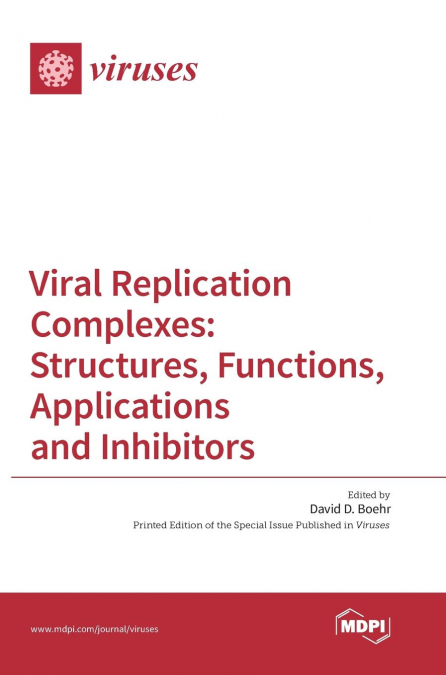
Viruses are obligate intracellular parasites that need to co-opt a living cell’s machinery for replication. At the heart of the viral replication machinery are the nucleic acid polymerases, which are responsible for efficiently copying the viral genome. This process must often be coordinated with other viral processes, including protein translation and viral packaging. The polymerases and other components of the replication machinery may serve as potential anti-viral targets.Section 1 of this book is devoted to the basic structure–function relationships of viral nucleic acid polymerases and related proteins. Section 2 then discusses how interactions between the viral polymerase and viral nucleic acids and other proteins help to coordinate nucleic acid synthesis and other important viral processes. Section 3 builds on this discussion by including the roles of host proteins in these processes. Many viruses also co-opt host lipid membranes to provide more conducive environments for RNA synthesis and virus replication, which is discussed in Section 4. Finally, many of the processes discussed in the preceding sections are potential antiviral drug targets, which is discussed in Section 5.